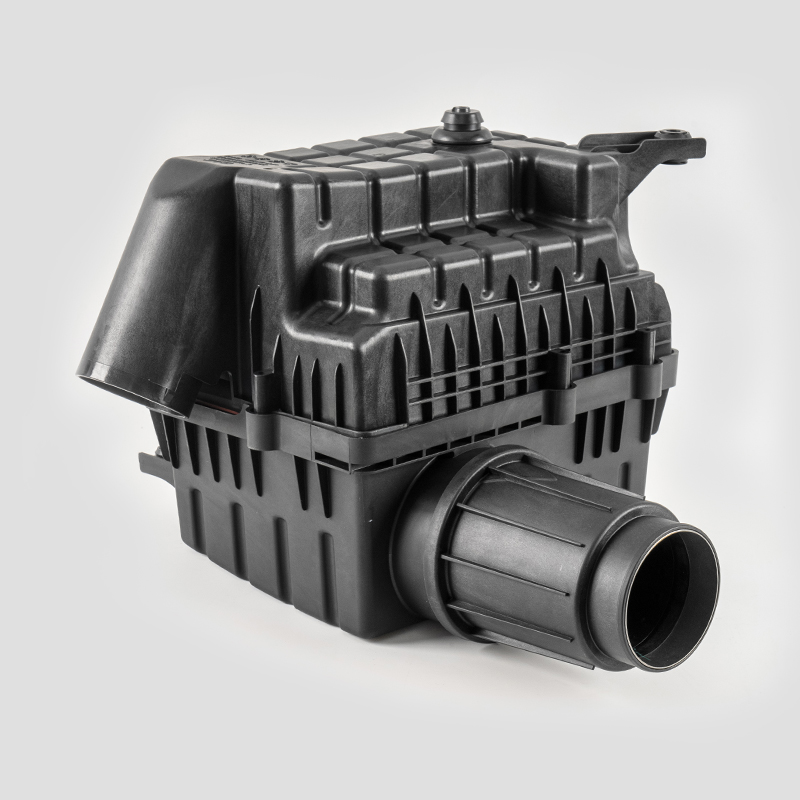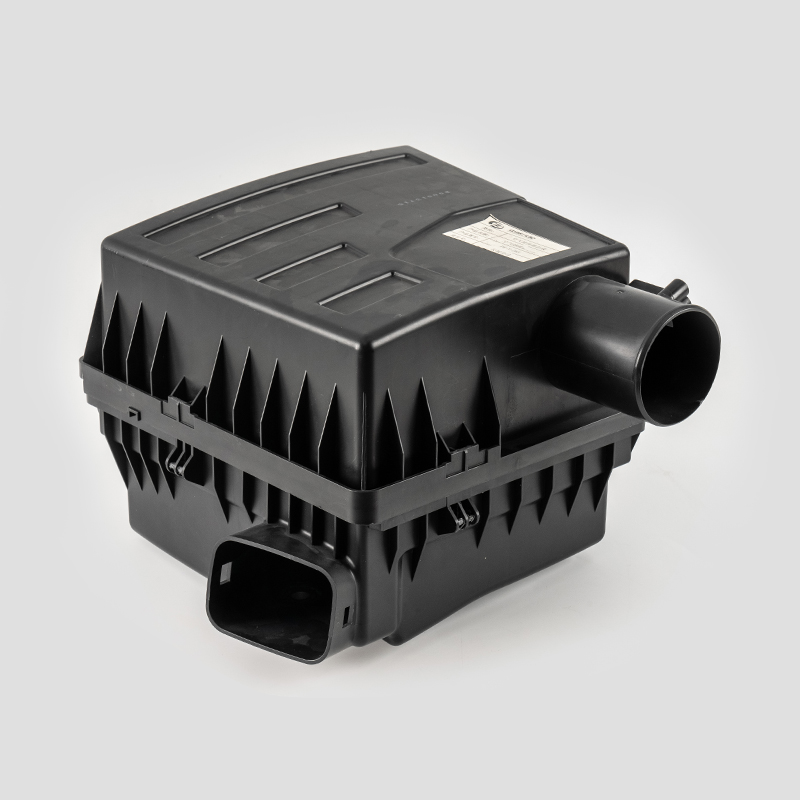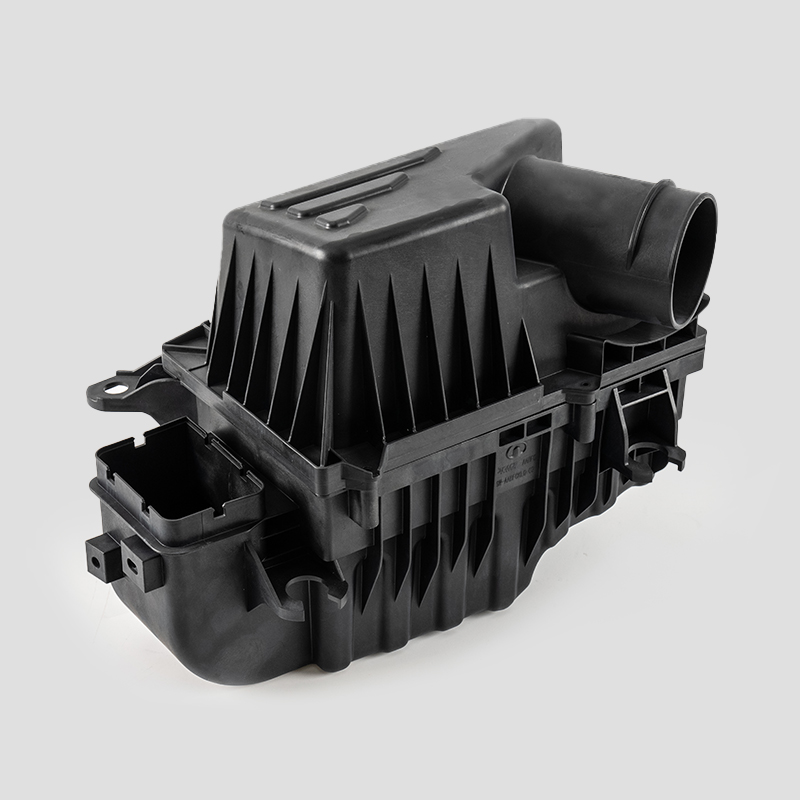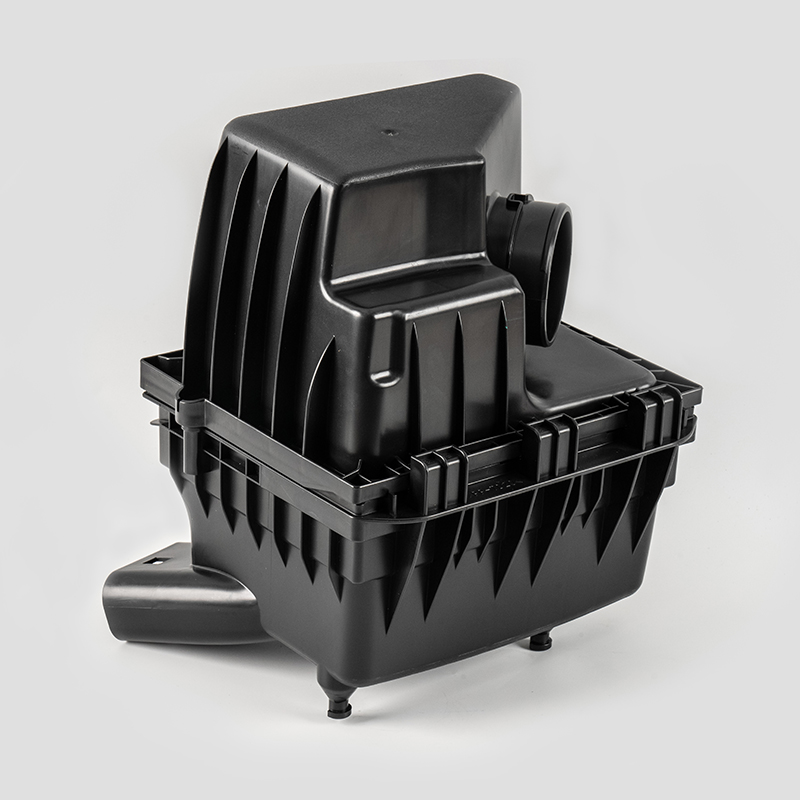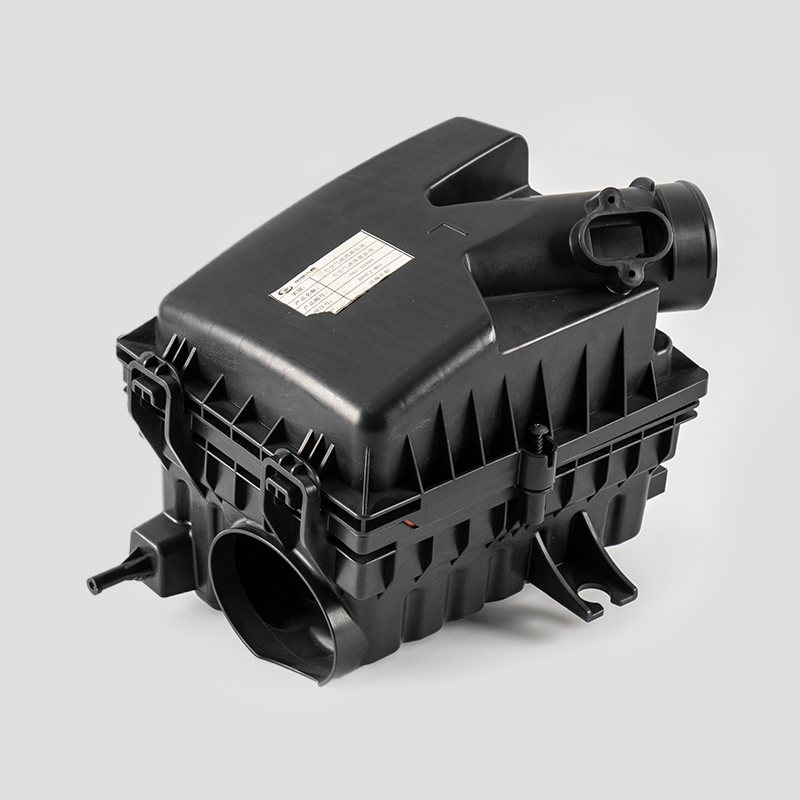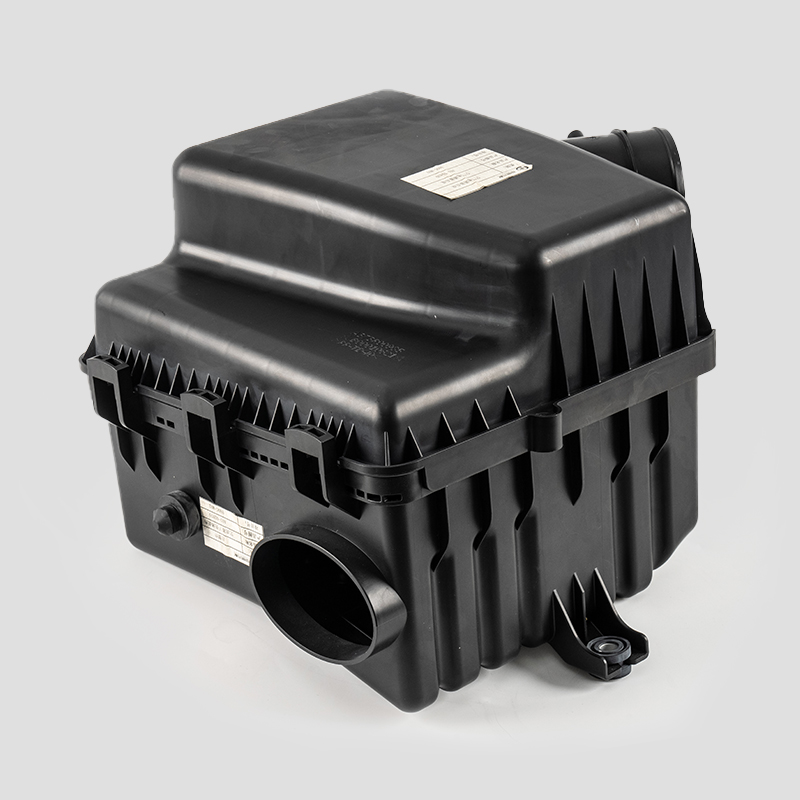How Often Should You Replace a Fuel Filter to Maintain Engine Performance?
What’s the Baseline Replacement Schedule by Filter Type?
Replacement frequency hinges primarily on whether the fuel filter is external or internal. External filters, which are easier to access, typically need changing every 20,000 kilometers for most gasoline vehicles . Internal filters, housed within the fuel tank, have a longer lifespan of 40,000 to 60,000 kilometers due to better protection from contaminants . Diesel vehicles, regardless of filter type, often require more frequent changes—every 10,000 to 40,000 kilometers—because diesel fuel tends to carry more impurities .
How Do Usage Conditions Alter Replacement Timelines?
Real-world factors can accelerate filter degradation, making strict adherence to baseline schedules risky. Using low-quality fuel with high sediment content clogs filters faster, potentially requiring replacements every few thousand kilometers . Vehicles driven in dusty environments or stop-and-go traffic also need earlier changes, as constant engine load and debris intake strain the filter. Hybrid vehicles follow similar guidelines to their gasoline counterparts, while pure electric vehicles eliminate the need entirely.
What Warning Signs Indicate Urgent Replacement?
Ignoring early indicators can lead to engine damage. Watch for symptoms like sluggish acceleration, where a clogged filter restricts fuel flow . Idle instability—such as rough running or stalling—and difficulty starting the engine are also red flags, especially if other potential issues (like a weak battery) are ruled out . If these signs appear, replace the filter immediately, even if the mileage hasn’t reached the recommended interval.




 English
English Español
Español عربى
عربى